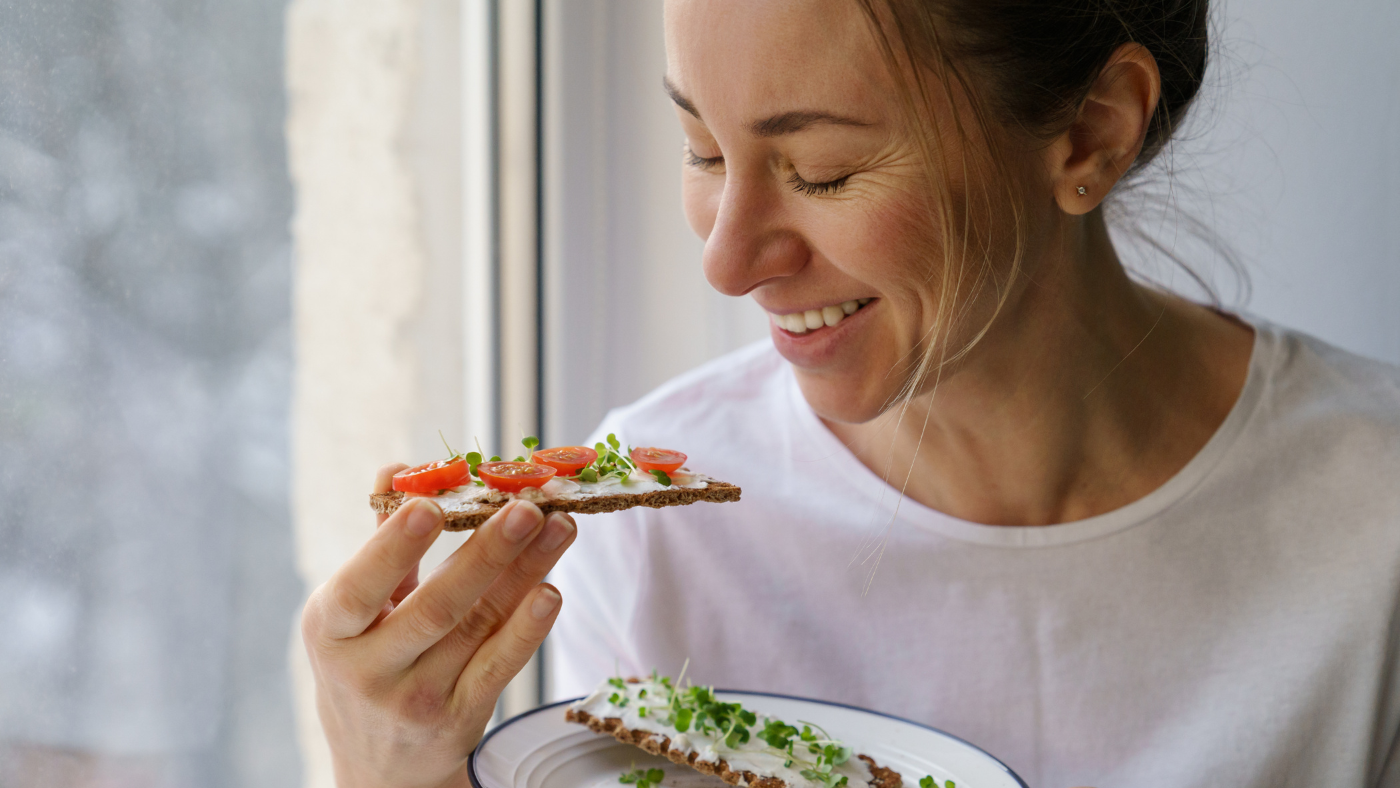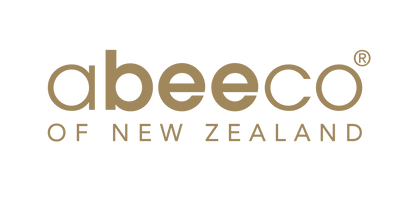Proudly New Zealand owned and operated 🌿 Free delivery Nationwide on orders $99+
Proudly New Zealand owned and operated 🌿 Free delivery Nationwide on orders $99+
Supplements
Shop by Health Concern
Shop by Category
Shop by Health Concern
Shop by Category
Skincare
Shop by Skin Type / Concern
Shop by Category
Shop by Skin Type / Concern
Shop by Category
Collagen Support in Your 50's: 10 Natural Ways to Protect Skin, Joints & Bones
September 15, 2025 4 min read

Key Highlights:
-
Natural Decline – Collagen production drops in your 50s, especially after menopause.
-
Nutrition First – Prioritise protein and vitamin C to give your body the key building blocks.
-
Avoid Collagen Killers – Sugar, refined carbs, and smoking speed up collagen breakdown.
-
Sun Protection Matters – Daily SPF is the strongest collagen-preserving habit.
-
Move to Improve – Strength training stimulates collagen in skin, joints, and bones.
-
Rest & De-Stress – Quality sleep and stress balance support natural collagen renewal.
-
Antioxidant Shield – Whole-food antioxidants help protect collagen from damage.
-
Extra Support – Collagen powders can give skin and joints an added boost.
Why Collagen Matters in Your 50's
In your 50's, collagen - the protein that keeps skin firm, joints flexible, and bones resilient - drops more steeply. Women, in particular, often notice faster changes to post-menopause as estrogen levels fall. The good news? There are many proven ways to slow this decline and support new collagen formation. If you're wondering how to boost collagen naturally after 50, the answers lie in nutrition, lifestyle, and smart supplementation.

10 Most Important Ways to Support Collagen Production
1. Prioritise Protein Intake
Collagen is made from amino acids (glycine, proline, hydroxyproline). Adequate dietary protein from lean meat, fish, eggs, legumes, and dairy ensures your body has the raw materials it needs. A protein-rich diet for skin health is one fo the best ways to support natural collagen production.
2. Add Vitamin C Daily
Vitamin C is essential for collagen synthesis. Include citrus, berries, kiwifruit, broccoli, or a supplement if your diet is lacking. Pairing vitamin C and collagen is one of the simplest and most effective strategies.
3. Support with Zinc, Copper & Silica
These trace minerals help enzymes that stabilise and cross-link collagen. Nuts, seeds, shellfish, whole grains, cucumbers, and horsetail tea are all good sources.
4. Limit Sugar & Refined Carbs
High sugar causes glycation, which stiffens and weakens collagen, leading to wrinkles and loss of elasticity. Cutting back on refined carbs helps preserve skin structure.
5. Protect from UV Exposure
Sunlight breaks down collagen fibres. Daily SPF, even on cloudy days, is one fo the strongest anti-ageing moves you can make. Sun protection and collagen preservation go hand in hand.
6. Quit Smoking (if relevant)
Smoking reduces blood flow, creates oxidative stress, and directly damages collagen and elastin.
7. Manage Menopause-Related Changes
Estrogen supports collagen maintenance. For some,, HRT or phytoestrogen-rich foods (soy, flax, legumes) may be helpful for collagen production after menopause.
8. Incorporate Collagen-Boosting Nutrients
Antioxidants (polyphenols in green tea, blueberries, and pomegranate) reduce oxidative stress that breaks down collagen.
9. Exercise, Especially Resistance Training
Weight bearing and strength training stimulate collagen production in bones, tendons, and skin, while boosting circulation. Resistance training and collagen support go beyond skin, strengthening joints and bones too.
10. Sleep & Stress Management
Collagen renewal happens most during deep sleep. Chronic stress (high cortisol) breaks down collagen faster.
Do Collagen Powders Really Help?
Yes - they do help!
Collagen powders (hydrolysed collagen peptides) don't directly insert collagen into the skin, instead they provide amino acid building blocks and bioactive peptides that signal the body to make more collagen. For many people, this is one of the most convenient and effective collagen supplements for skin and joints.
- A 2021 meta-analysis of 19 randomised controlled trials (over 1000 participants) found that daily oral collagen significantly improved skin hydration, elasticity, and wrinkle depth after about 90 days of use.
- A 2023 randomised, placebo-controlled study in 100 women aged 30-60 showed that taking a daily collagen peptide supplement for 12 weeks led to measurable improvements in skin hydration, elasticity, and wrinkle reduction, with no side effects reported.
Best Practice:
- Take 5-10g daily.
- Combine with Vitamin C (to maximise utilisation).
- Choose a high-quality marine or bovine collagen source.
For those already eating a nutrient-dense diet with plenty of protein and vitamin C, powders may provide more modest benefits. Still, in your 50's, when natural production is slowing, they can offer a useful extra boost for skin appearance and joint comfort. If you've ever asked yourself, does collagen powder really work? - the research suggests it can, especially when combined with healthy lifestyle habits.

Final Word
The biggest win for collagen support in your 50's come from the fundamentals: a protein-rich diet, vitamin C, trace minerals, daily sun protection, smart exercise, good sleep, and stress balance. Collagen powders are best seen as a bonus booster rather than a magic fix - but when combined with healthy habits, they can help keep skin, joints, and bones stronger for longer. If you want the best ways to increase collagen, the answer is simple: start with diet and lifestyle, then add supplementation if you want that extra edge.
References
Grimes D & Mahto A. (2021) Hydrolysed Collagen for skin aging meta-analyses are unreliable. Retrieved from: https://share.google/aJpkfL4mSegaEb0Ka
Lee M., Kim H., Ahn H., Son S., Lee H. (2023) Oral intake of collagen peptide NS improves hydration, elasticity, desquamation, and wrinkling in double-blinded, placebo-controlled study. Retrieved from: https://pubs.rsc.org/en/content/articlelanding/2023/fo/d2fo02958h

Rebecca Wood
MEET THE AUTHOR
With over 20 years of experience in clinical practice, Rebecca brings a wealth of knowledge and genuine passion to the world of natural health. She loves exploring the science behind nature's remedies and sharing practical insights to help others on their wellness journey. Dedicated to empowering people to take charge of their health, Rebecca combines research, expertise, and care in everything she does.
Disclaimer: This article provides general information only and is not a substitute for medical advice. Abeeco products are for cosmetic and dietary purposes. Our supplements & tonics aren't intended to diagnose, treat, cure, or prevent any disease. Consult a healthcare professional for medical advice or before starting new supplements. Individual results may vary. Always follow product directions. Our products are not intended to treat or cure any medical condition.
